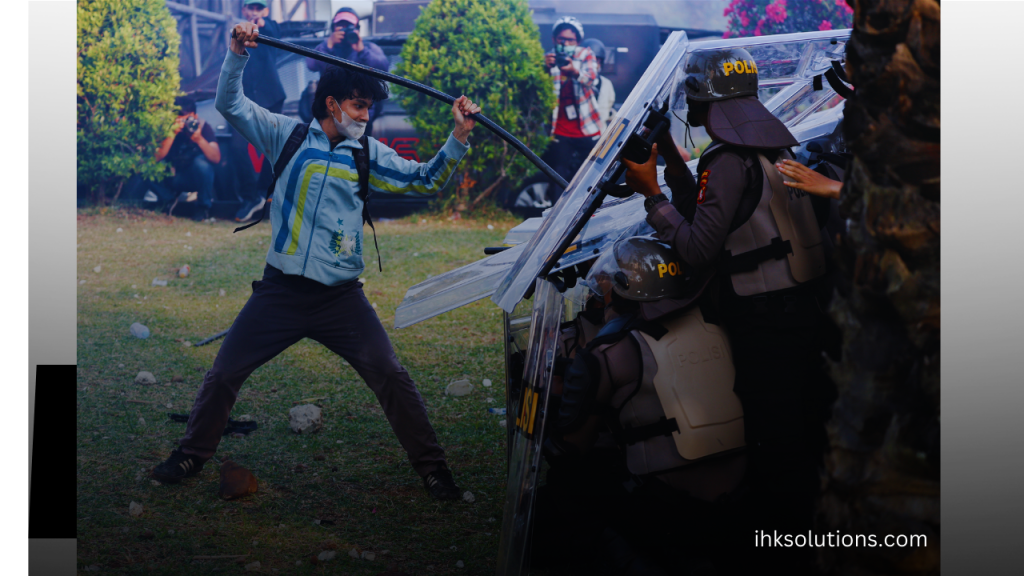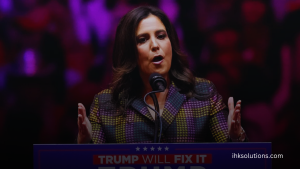Indonesia Postpones Election Law Amendment Amid Growing Protests

Indonesia Postpones Election Law
The Indonesian Parliament has postponed amendments to the election law
The decision comes amid street protests in multiple cities
The police used tear gas and water cannons to break up the crowd of protesters.
Jakarta, August 22 (Reuters) – The Indonesian Parliament postponed scheduled amendments to election laws on Thursday after protesters in the capital set fires and faced tear gas and water cannons over legislation they say would weaken opponents of the outgoing president and his successor.
The legislative council, dominated by supporters of outgoing President Joko Widodo and his successor Prabowo Subianto, was set to vote on reversing amendments made by the Constitutional Court to the election laws—a ruling that effectively reopened the opportunity for a vocal government critic to run in regional elections.
Earlier this week, parties backing Prabowo had rallied behind a single candidate for the influential position of Jakarta governor, effectively eliminating the chances for President-elect Anies Baswedan to run.
At that time, Anies needed the support of a party or coalition with at least 20% of the seats in the local parliament under regional election rules in place since 2016. However, Tuesday’s Constitutional Court ruling reduced the threshold to less than 10%, giving Anies a chance to be nominated by the only party that hadn’t put forward a candidate, the Democratic People’s Party (PDR).
The national parliament sought to revert to the previous threshold, contradicting the country’s highest court in a move critics say would favor the outgoing president, his family, and the incoming government by consolidating their power and freezing out any opposition.
“This is a republic. It’s a democracy, but if its leadership is determined by one person, or by a minority rule, we can’t accept that,” said 29-year-old teacher Afif Sadiq.
No Changes Before November Elections
Deputy Speaker of Parliament Sufmi Dasco Ahmad told Reuters on Thursday that the next parliament would resume deliberations, meaning there would be no changes to this year’s regional elections, scheduled for November. This means that Anies will be able to seek the Jakarta governor position if nominated by the Democratic People’s Party (PDR).
The parliament’s decision came as security forces fired tear gas and water cannons while protesters stormed and set fire to part of the parliament gates, with demonstrations erupting across the country against changes to the election law.
Thousands gathered outside the parliament to protest the move to overturn the court ruling, holding banners accusing Widodo, widely known as “Jokowi,” of cronyism and destroying democracy. Others carried a mock guillotine with his face on it.
The legislation, now postponed, would also have paved the way for Jokowi’s youngest son, Kaesang Pangarep, 29, to run in the elections in Central Java this November by amending rules related to age requirements.
The protests erupted over a battle about which branch of government has the ultimate jurisdiction to set election rules, after parliament said it planned to ratify changes to the law on Thursday morning.
Legal experts and election analysts warned that the standoff between parliament and the judiciary is pushing the country toward a constitutional crisis.
“A Turning Point of Anger”
The wave of unusual protests comes amid growing anger over what is seen as attempts by Jokowi’s administration to consolidate power, analysts say.
“This is the culmination; we’ve now reached a turning point of anger and frustration,” said Made Supriatma, a visiting fellow at the ISEAS – Yusof Ishak Institute in Singapore.
Last year, the Constitutional Court, chaired at the time by Jokowi’s brother-in-law, also issued a ruling that changed election eligibility rules, paving the way for Jokowi’s eldest son, 36-year-old Gibran”Rakabuming Raka is preparing to run successfully for vice president.”
“Prabowo and Gibran are set to be sworn in on October 20.”
The president, who maintains strong personal popularity ratings, sought to downplay the conflict, describing it on Wednesday as part of the government’s standard “checks and balances.”
But the power struggle caps off a week of dramatic political developments in the world’s third-largest democracy, including the sudden resignation of the Golkar Party leader, who was replaced on Wednesday by a Jokowi loyalist.
Party members say the reorganization of the country’s second-largest party is seen as one way for the outgoing president to retain influence after his presidency.
Jokowi, who was elected in 2014 when he was seen as a symbol of democracy, leaves office with a strong economic record but also tainted by increasing corruption and old-school cronyism.




